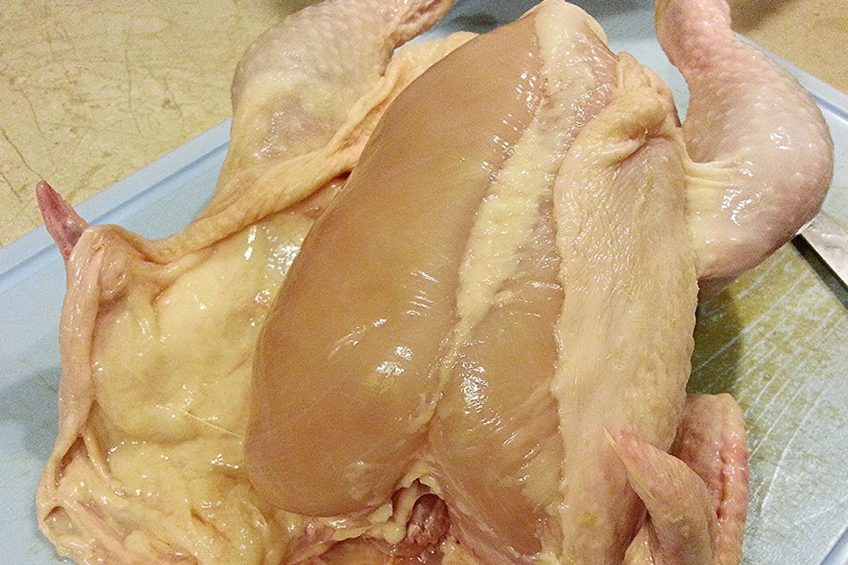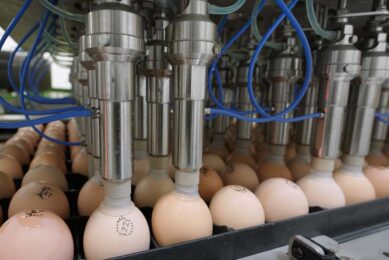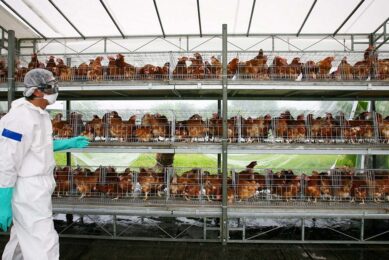Gradually improving market conditions for global poultry

Global poultry experienced gradually improving market conditions in the first half of the year due to a more balanced supply in key trading markets such as Brazil, Thailand, the United States and the European Union.
The improvement has come even though global trade volumes have been disappointing due to ongoing trade issues, according to Rabobank’s third quarterly review.
China has been the best performing poultry industry, with exceptionally high poultry prices due to the shift from pork to poultry because of the worsening African Swine Fever (ASF) situation.
Very low levels of breeding stock has pushed up Parent Stock (PS) and Day Old Chick (DOC) prices to historic levels.
Nan-Dirk Mulder, senior animal protein analyst, said the global oversupply of poultry in the second half of last year and first part of 2019, which affected prices so heavily, had now diminished.
“The balance in the market is gradually returning, driven by stronger dark meat demand from Asia and Africa. Having said this, global trade volumes in Quarter 1 2019 were just 2.8m metric tons, and at their lowest since 2015, indicating ongoing tough issues in poultry trade and ongoing low breast meat prices.
Mr Mulder said the bullish Chinese market situation would have some impact on global markets, mainly through some price support in pork exporting countries. But, as long as China did not allow more imports, this would have a relatively limited impact on global poultry trade, except for nations that could export – Brazil, Thailand, Argentina and Russia.
The report highlights ongoing avian disease pressures in the industry, commenting on a series of avian influenza outbreaks across the globe, including Mexico, Vietnam, Cambodia, Nepal and Taiwan.
Although these outbreaks have a significant local impact on industries and communities, the number is lower than in previous years.













